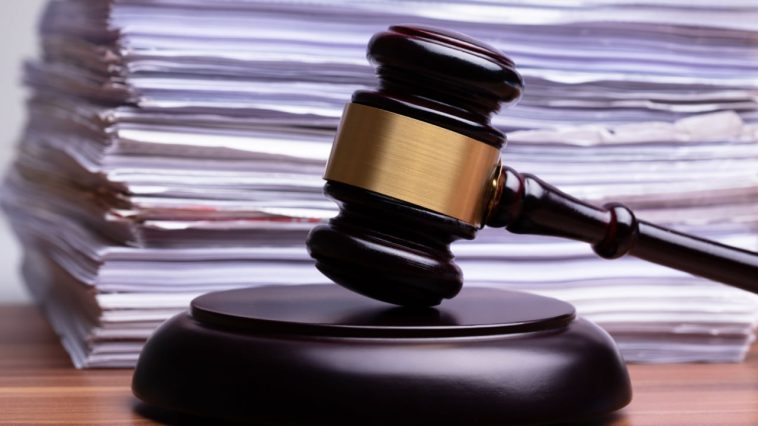The U.S. Securities and Exchange Commission (SEC) answered the latest filing of Coinbase by shooting down the arguments presented by the exchange to throw out the ongoing lawsuit. The filing reaffirms the institution’s jurisdiction on securities laws, explaining that Coinbase misinterprets the Howey test and criticizing the “major questions doctrine” usage in the case.
SEC Rails Against Coinbase, Reaffirms Jurisdiction on Securities
The U.S. Securities and Exchange Commission (SEC) answered the latest filing of Coinbase regarding the exchange’s criticism of the regulator’s actions in the crypto environment. The filing, introduced on July 7 before judge Katherine Polk Failla, tries to bring down each statement presented by Coinbase to disesteem the lawsuit the agency is taking against the exchange for unregistered brokerage and securities violations.
In its response, the SEC reaffirms its jurisdiction over securities cases, stating that this legal action against Coinbase is part of the “exercise of its longstanding authority to enforce statutory requirements” after having been authorized by Congress in 1934 to exert these through civil law enforcement actions. This interpretation contradicts Coinbase’s views, which declare the SEC lacks “any powers to regulate digital asset exchanges.”
Furthermore, the institution explains that Coinbase now criticizes the validity of the Howey test after it used its criteria to make listing decisions before it became a public company.
Howey Deconstructed and Major Questions Doctrine
The SEC declares that Coinbase “attempts to construct its own test for what constitutes an investment contract” by making incorrect assumptions on what the Howey test, a set of considerations that help to classify if transactions are investment contracts subject to securities laws, explains.
For the SEC, the two requirements Coinbase considers for assets to qualify as securities – that it must include a formal common law contract and that even if this contract exists, it does not apply to sales on secondary markets – are wrong.
The agency criticized the usage of the major questions doctrine, a principle that puts Congress regulatory action over administrative agencies, explaining that “since its inception, the SEC has exercised that authority to pursue violations of the securities laws—and it exercises the same statutory enforcement authority here.”
However, the SEC failed to address the change of heart its chair Gary Gensler experienced since he acknowledged the agency “lacked statutory authority to regulate businesses like Coinbase” in a May 2021 congressional hearing until when he commented that he believed they had “enough authority” in 2022.
Coinbase CLO Paul Grewal, who had stated the SEC’s interpretation of what constitutes an investment contract violated the law, declared this filing was “sadly … more of the same.”
What do you think about the legal battle between the SEC and Coinbase? Tell us in the comment section below.
https://news.bitcoin.com/sec-states-coinbase-misinteprets-howey-test-misuses-major-questions-doctrine/





 BTC-USD
BTC-USD  ETH-USD
ETH-USD  LTC-USD
LTC-USD  XRP-USD
XRP-USD